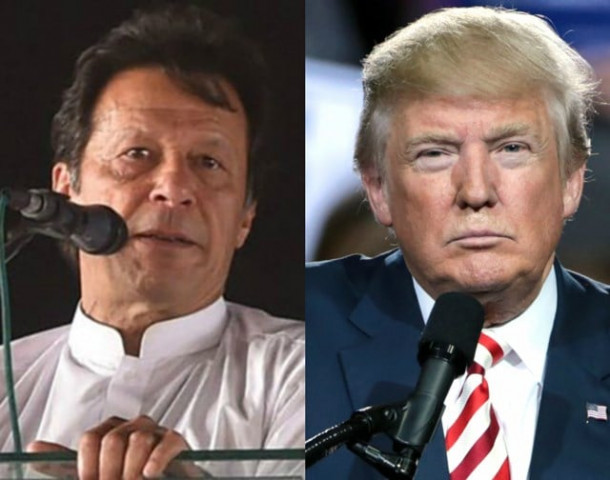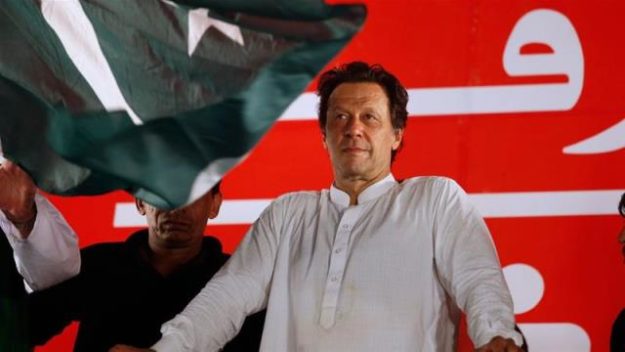Pak-US relations: A new chapter?
Find out if mending relations with the US is possible under Imran Khan’s leadership

Both sides have considerable grievances against each other which they have, often to a detrimental end, expressed verbally and through punitive actions. For instance, America, keeping in line with its “do more” mantra, keeps insisting that Pakistan can do more in the fight against terrorism. It often accuses Pakistan of allegedly harbouring terrorists who conduct or aid in cross-border attacks in Afghanistan. Pakistan of course vehemently denies such statements. Moreover, America in light of its budding security and economic relationship with India, also wants Pakistan to crack down on its supposed aid to proxy groups operating in Indian Occupied Kashmir. Additionally, multiple American administrations have shown reservations over Pakistan’s nuclear program vis-à-vis the startling AQ Khan debacle.
Pakistan, on the other hand, accuses America of neglecting to recognise its contributions and sacrifices in the war against terror. As a Frontline state, Pakistan has directly suffered the brunt of terrorism since 9/11. Despite grappling with heavy casualties both in terms of infrastructure and human lives, Pakistan claims that it is unfairly targeted by America. Additionally, the near total decimation of Al-Qaeda and Islamic State terrorists in the region could not have been possible without Pakistani assistance.

Instances like the Congress refusing to allow Pakistan to purchase fighter jets and restricting other military assistances add to the friction in the relationship. Moreover, the recent decision of America to end its International Military Education and Training program for Pakistan has further exacerbated tensions. Last, but not the least, is the Pakistani concern of facing two potential adversaries – on its eastern flank lies India, a neighbour with whom Pakistan has fought three wars and a hostile government on its western borders in Afghanistan.
Relations further deteriorated when early in 2018, Trump unveiled his new South Asian strategy which many in Pakistan saw as overtly hostile to Pakistani interests in Afghanistan. Moreover, the Twitter tirade against Pakistan by Trump hardly served to smooth out the ensuing misperceptions. Amidst such a background, the onus has fallen on to the new Prime Minister of Pakistan, Imran Khan, to manage this tricky, yet crucial, bilateral relationship.
Up until now, Khan has propagated civilian dominance in the spheres of national security and strategic doctrines and has emphasised on re-structuring the country’s economic and fiscal policies. Throughout his electoral campaigning, he has given precedence to building up human capital and sustainable development. Moreover, in his inaugural speech to the nation he offered an olive branch to all of the country’s neighbours, including India. With respect to America, he has professed the desire to engage in a mutually beneficial relationship.
A relationship which serves to highlight the convergence of interests of both America and Pakistan is indeed the need of the hour. Both countries are indispensable to each other – the Afghanistan conundrum cannot be resolved without taking Pakistan on board, whereas Pakistan needs America’s approval to get access to international financial institutions. A glimmer of hope can be seen in the appointment of Ali Siddiqui as Pakistan’s ambassador in Washington. He represents the progressive and dynamic side of Pakistan which Khan’s “Naya Pakistan” promises. The coming time will tell how this relationship pans out.
For more developments, follow The Hill



















COMMENTS
Comments are moderated and generally will be posted if they are on-topic and not abusive.
For more information, please see our Comments FAQ